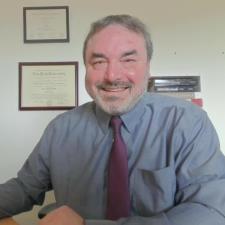
Alexander M. answered • 01/20/21
Tutor
New to Wyzant
San Diegan obsessed with studying the world and its people
- People around this time (~1500's) began to get really sick of the church and all of its corruptions. Things like the selling of indulgences to those who sinned (basically buying your way into heaven) really didn't sit well with people like Martin Luther. He gained a huge following because many people felt similarly that the Church at its core was full of corruption. The Church would install fear-tactics to make loyal followers, basically saying that everything good is sinful, BUT it is encouraged as long as you spare some good ol' money (which the majority of people DIDN'T have)
- This was the reblossoming period of Western beliefs in the manifestation of the Renaissance. The ideals of humanism are taking hold of people, reshaping how they view the world. Before this time of new thought, people just believed what the Church taught them. However, now they are beginning to open their eyes to the realities of the world. The biggest thing that the renaissance did in terms of aiding the reformation was to make people question the world around them finally.
- Being a King or Queen sounds good and all, but the most in charge in Western Europe during the higher Middle ages was the Pope. The Pope's outreach stemmed all the way from Italy (birthplace of Renaissance thinking) but did so much more than just leading a religion. At this time, the Pope lived like royalty, and with that, they boasted political power as much as religious power. They controlled armies and were able to wage wars. As you can see, people from all over Western Europe feared the crazy power that the Pope had, especially Kings and Queens in lands like the Holy Roman Empire, France, England, Spain, etc. The later Protestants made their sect of Christianity without the presence of a Pope figure because they claim that it contradicts statements in the Bible




